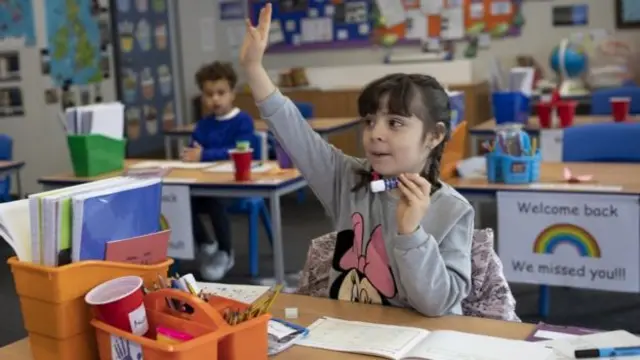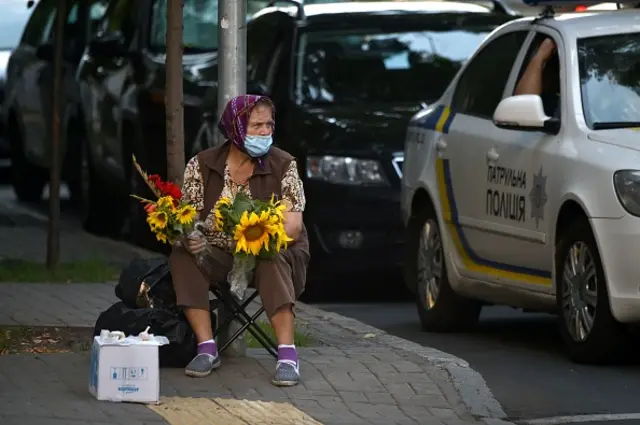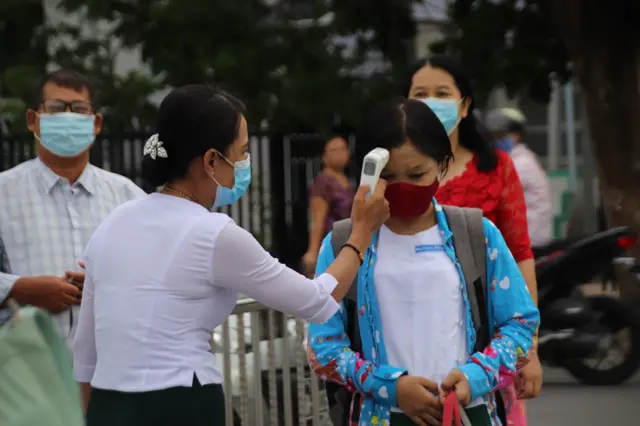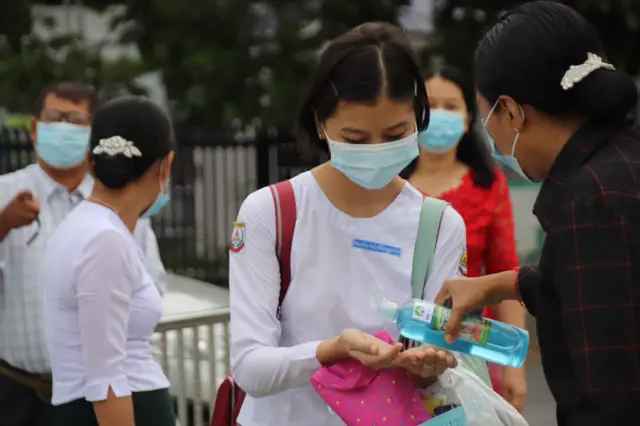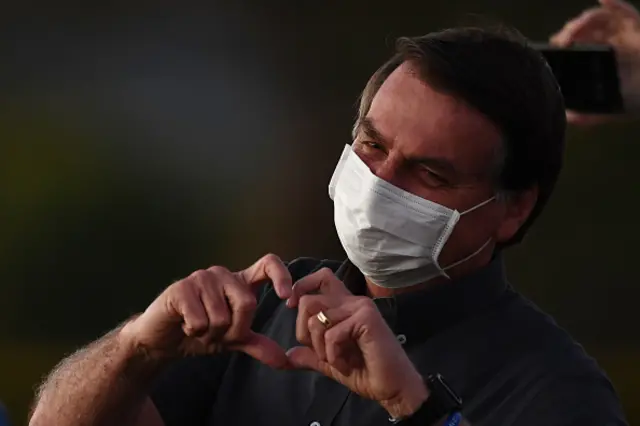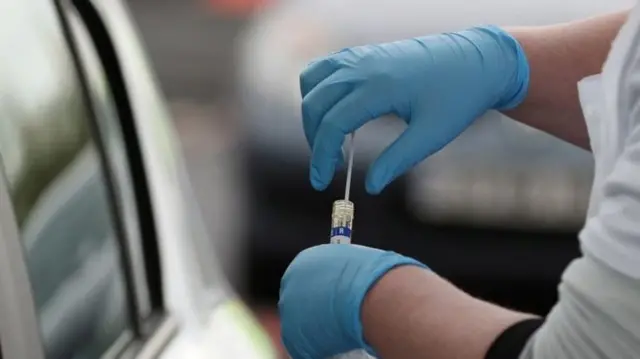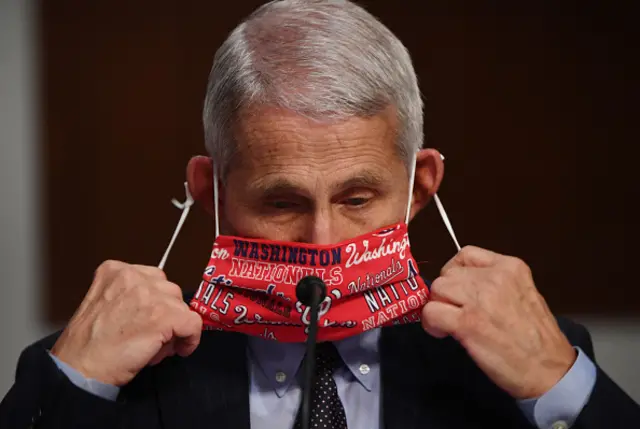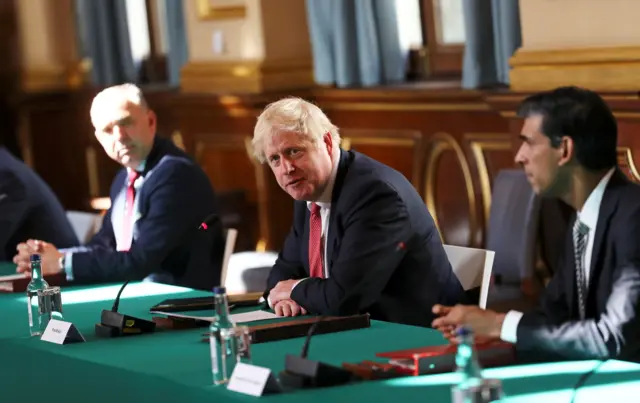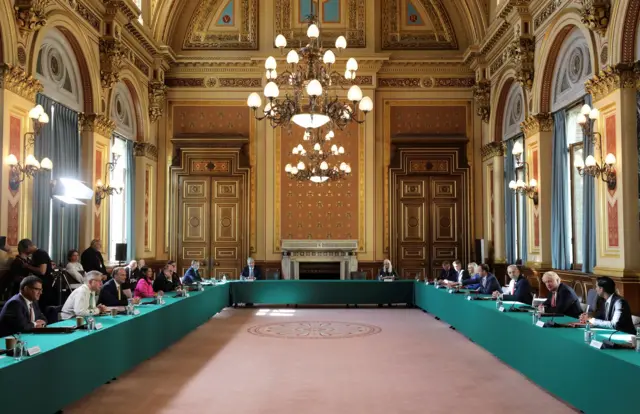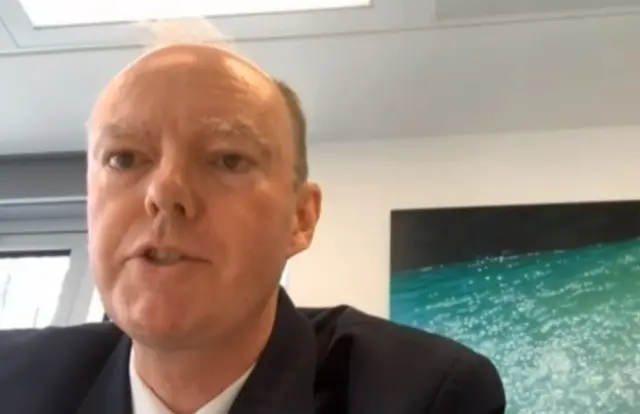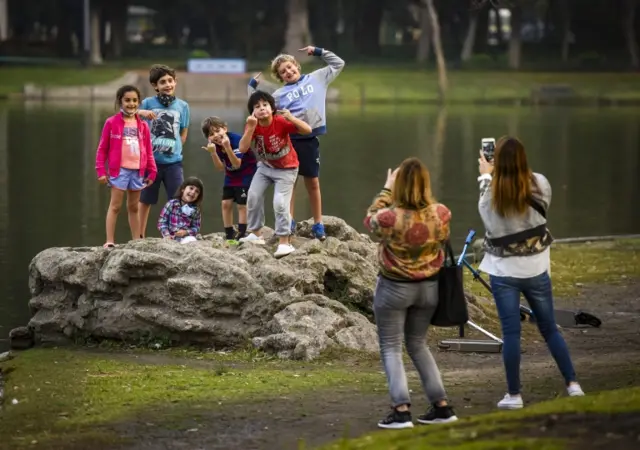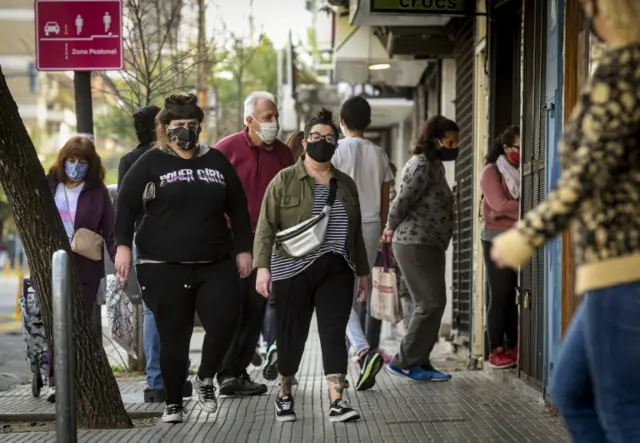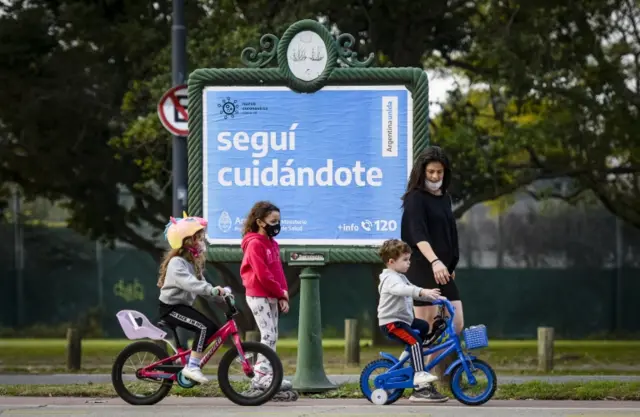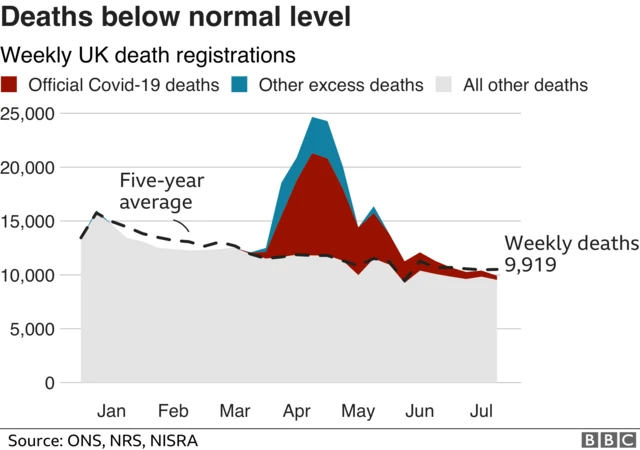Spain’s cases rise as Barcelona reduces beach accesspublished at 15:21 BST 21 July 2020
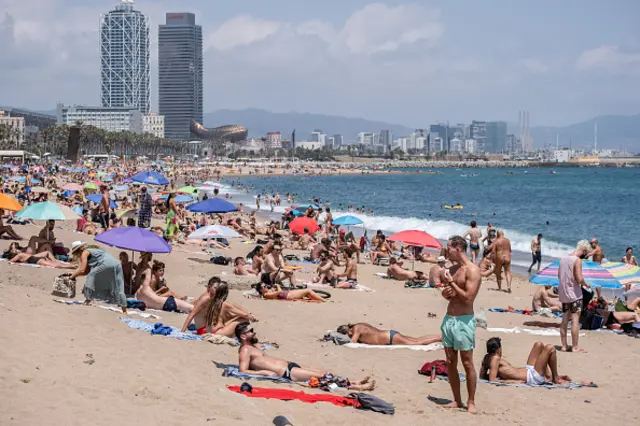 Image source, Getty Images
Image source, Getty ImagesBarcelona's beaches have been packed again in recent weeks
Spain has reported a marked rise in coronavirus infections over the past two weeks, health ministry data has shown, putting the country’s emergence from lockdown in jeopardy.
There are now 27.39 cases per 100,000 people in Spain, compared with 8.76 cases per 100,000 people on 3 July, the figures showed.
Such a rise in infections has not been seen since the country was in lockdown, which was eased from 11 May in most regions.
Spain is one of the few European countries where new infections are increasing this quickly, according to the World Health Organization (WHO), external.
Over the previous 14 days, Spain recorded 13,487 new cases, which amounts to a cumulative rise of 160% during that period, WHO data showed.
The city council in Barcelona, a hotspot for new cases, announced on Tuesday it would reduce access to 10 beaches by 15% to mitigate the spread of the virus, El País reported, external.
Catalonia, where Barcelona is located, and the regions of Aragón and the Basque Country are where most of the new infections are concentrated.
“The situation in these regions is very worrying,” a spokesman for the Spanish Epidemiology Association, Fernando Rodríguez Artalejo, said. “If they are not controlled immediately and thoroughly, we will have a very complicated situation.”
